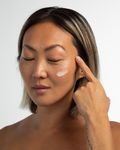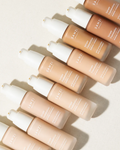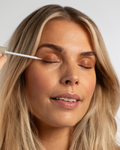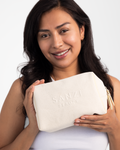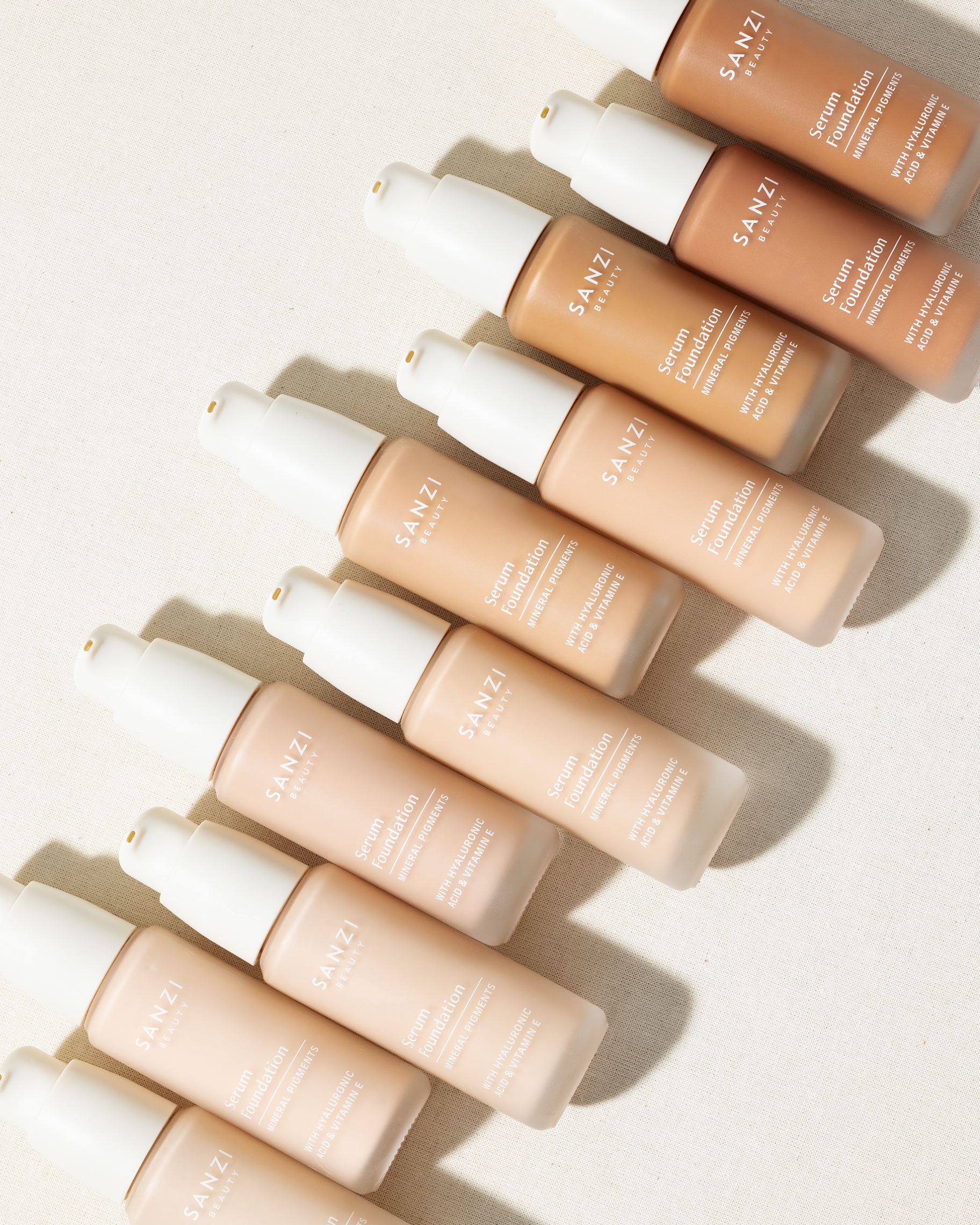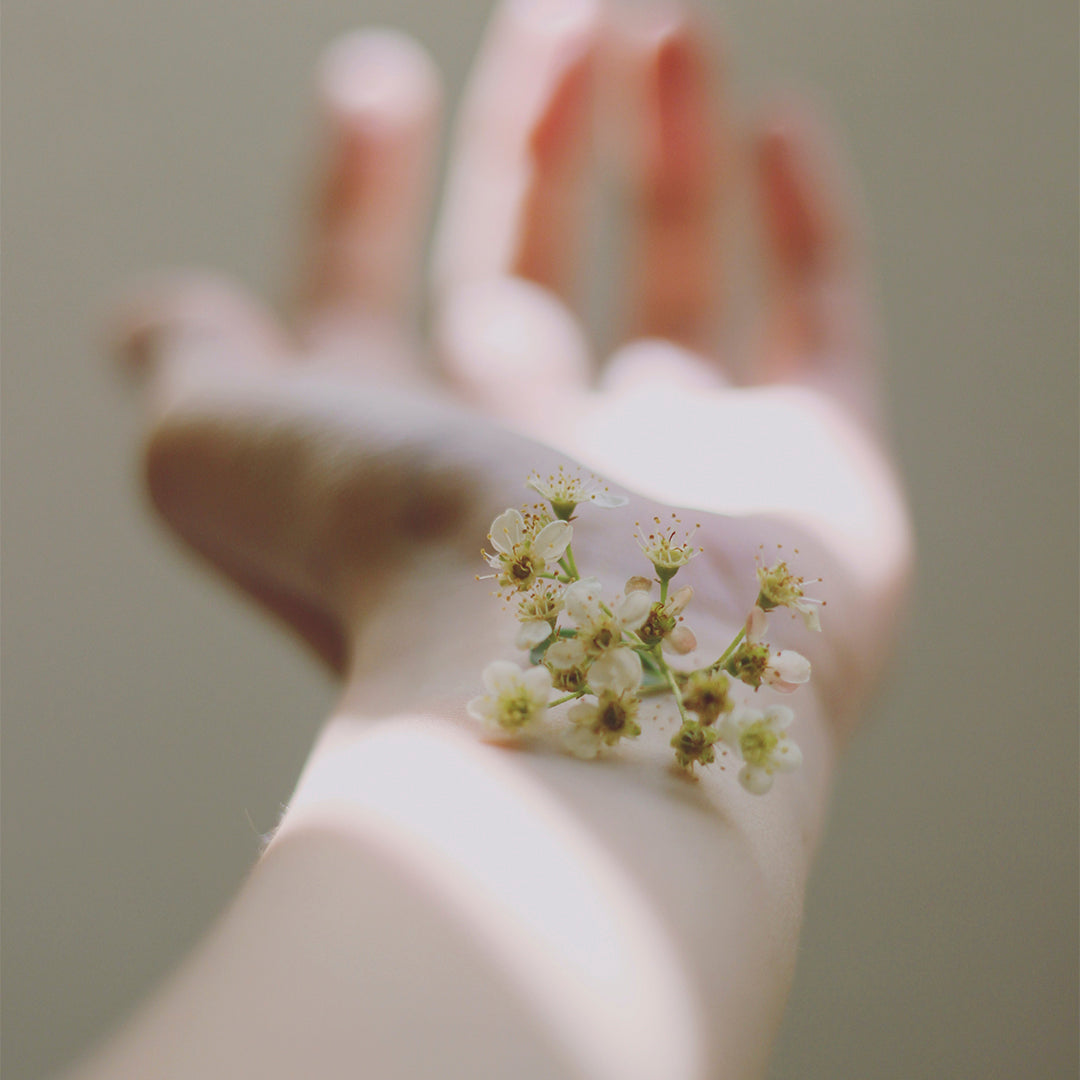All about skin conditions - do you know yours?
You are born with a special skin type, which you maintain throughout your life. The condition of your skin, on the other hand, can easily change often. Skin products, sun, frost, humidity and other external influences can affect your skin condition. The same applies to diet, fluid intake, sleep and hormonal fluctuations. Does that sound complicated? So read along here, where you can find out more about the most common skin conditions. Also remember that we have a large selection of products for your skin.
The difference between skin type and skin condition
There are 5 skin types: dry, oily, combined, balanced and sensitive skin. You were born with one of these skin types. For example, if you have dry skin, your skin will sometimes still feel greasy or perhaps irritated. This is because your skin condition changes according to what it is exposed to. If you eat very fatty and unhealthy food for a period of time, you may get impure skin, despite your skin type being dry. Conversely, if you were born with oily skin, it can easily appear dry at times because you haven't drunk enough water, and it thus becomes dehydrated.
Listen to what your skin is telling you
The skin is actually quite good at communicating. It tells us about its condition by becoming red, dry, greasy, irritated or otherwise reacting. If your skin condition changes, it is a signal from your skin that there is an imbalance. Whether you should do something about your skin condition largely depends on whether it can be treated or goes away on its own. Most skin conditions can be treated. For example, if you have been sunburned, you suffer from a skin condition where your skin has been damaged - but where you can do something. You can use an aftersun and stay in the shade, wear a sun hat and clothing to avoid further exposure to the sun, and use a sunscreen or a face cream with a sun factor. Let's take a closer look at the most common skin conditions that can affect all skin types from time to time.
Dehydrated skin condition
A dehydrated skin condition is quite common. The vast majority have had a shorter or longer period when the skin has been dehydrated. The cause of dehydrated skin must be found in the fluid balance. A dehydrated skin simply lacks moisture and therefore thirsts for liquid. It is relatively easy to treat this skin condition. Partly by drinking plenty of water, and partly by caring for the skin with plenty of moisture. It could, for example, be a moisturizing mask.
Characteristics of a dehydrated skin condition:
● The skin is thirsty for moisture and quickly absorbs skin products.
● You have been drinking too little water for a while.
● The skin looks dry and a little extra wrinkled in the joints around the eyes and mouth.
● Tendency to blush
Irritated skin condition
An irritated skin condition is something that the vast majority of people have been exposed to at some point. There are many reasons why skin irritation can occur. Heat, cold, sun, skin products and diet are just some of the underlying causes when you experience irritated skin. Irritated skin is expressed by being hot, red, itchy, burning or otherwise clearly irritated. It can be difficult to know exactly what is causing the irritated skin. However, you can alleviate the condition by making sure you eat healthy, drink plenty, avoid too much sun exposure and be careful with new skin care products and cosmetics. All products from Sanzi Beauty are perfume-free and therefore a good choice if you have irritated skin.
Characteristics of an irritated skin condition:
● The skin itches and stings
●The skin flares up and feels warm
● Sudden onset of acne/pimples
Congested skin condition
A clogged skin condition means that the skin's pores are blocked with impurities that appear as blackheads or pimples Blackheads, also called comedones, appear as small black or white dots on the skin's surface. They arise as a result of an overproduction of sebum, also called sebum, often in connection with a change in the hormonal balance. Pimples can either appear on the surface of the skin as red/yellow or less visible pimples, under the surface of the skin. The latter are often sore and feel like small bumps in the skin. It is well known that teenagers can often suffer from a congested skin condition because the hormones are raging in the body. However, this skin condition can also appear at other times in life. You may experience congested skin at the age of 30-40 - this may well be due to hormonal changes or stress. Also around menstruation and menopause, the skin can react by becoming oily and clogged due to the hormonal changes. A congested skin condition benefits from deep cleansing with gentle cleansing products and a peeling .
Characteristics of a congested skin condition:
●Visible pimples in the T-zone which are red/yellow.
● Less visible pimples that feel bumpy/sore and haven't reached the surface of the skin yet.
● Blackheads that appear as small tiny white or black dots - often around the nose/cheeks.
Mistreated skin condition
An incorrectly treated skin is a skin that reacts to being incorrectly analyzed - and thus incorrectly treated. This skin condition occurs when you have used a skin care product that is not suitable for your skin type or have neglected to care for the skin.
Characteristics of a mistreated skin condition:
●A greasy/oily skin that feels dry deep down
● A dry skin that, conversely, feels greasy in depth
● A skin that has become almost immune to cleansing products, and the grease still shows after cleansing.
Eczema on the face
Maybe you recognize one of the skin conditions above, which are quite common. Another skin condition worth mentioning is eczema. There are different varieties of eczema, including atopic eczema, children's eczema and contact allergic eczema. The latter is most relevant when it comes to rashes/eczema on the face, and is caused by the use of cosmetics, hair dye or perfume that the skin cannot tolerate. No matter what skin condition you come across, there is advice on how to treat the condition - and the better you know your skin type, the greater the chance of , that you treat it correctly.
.








